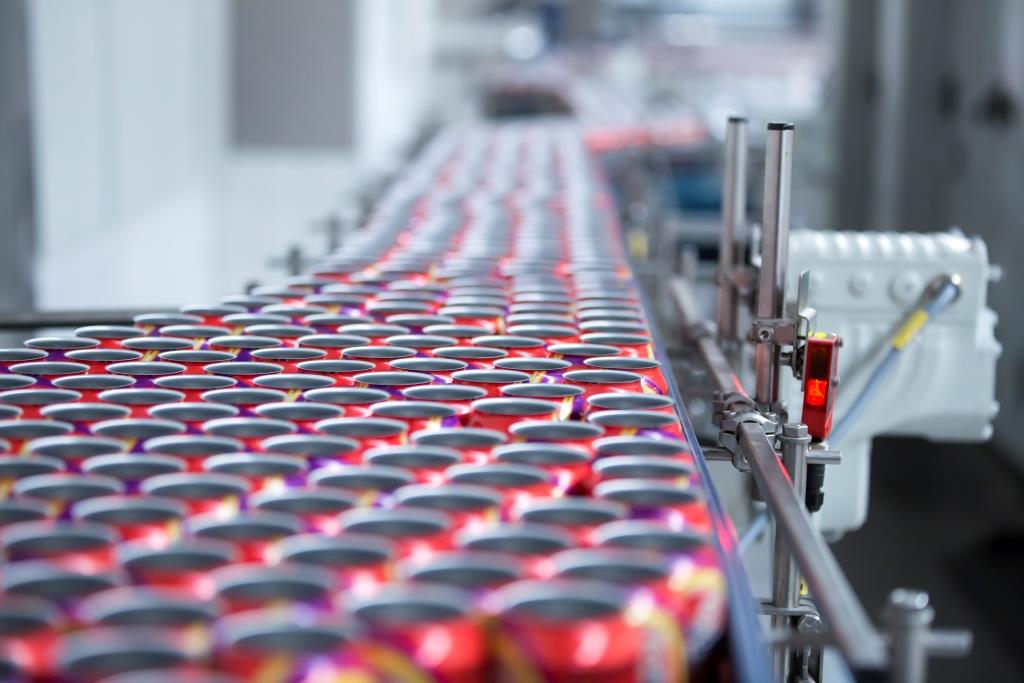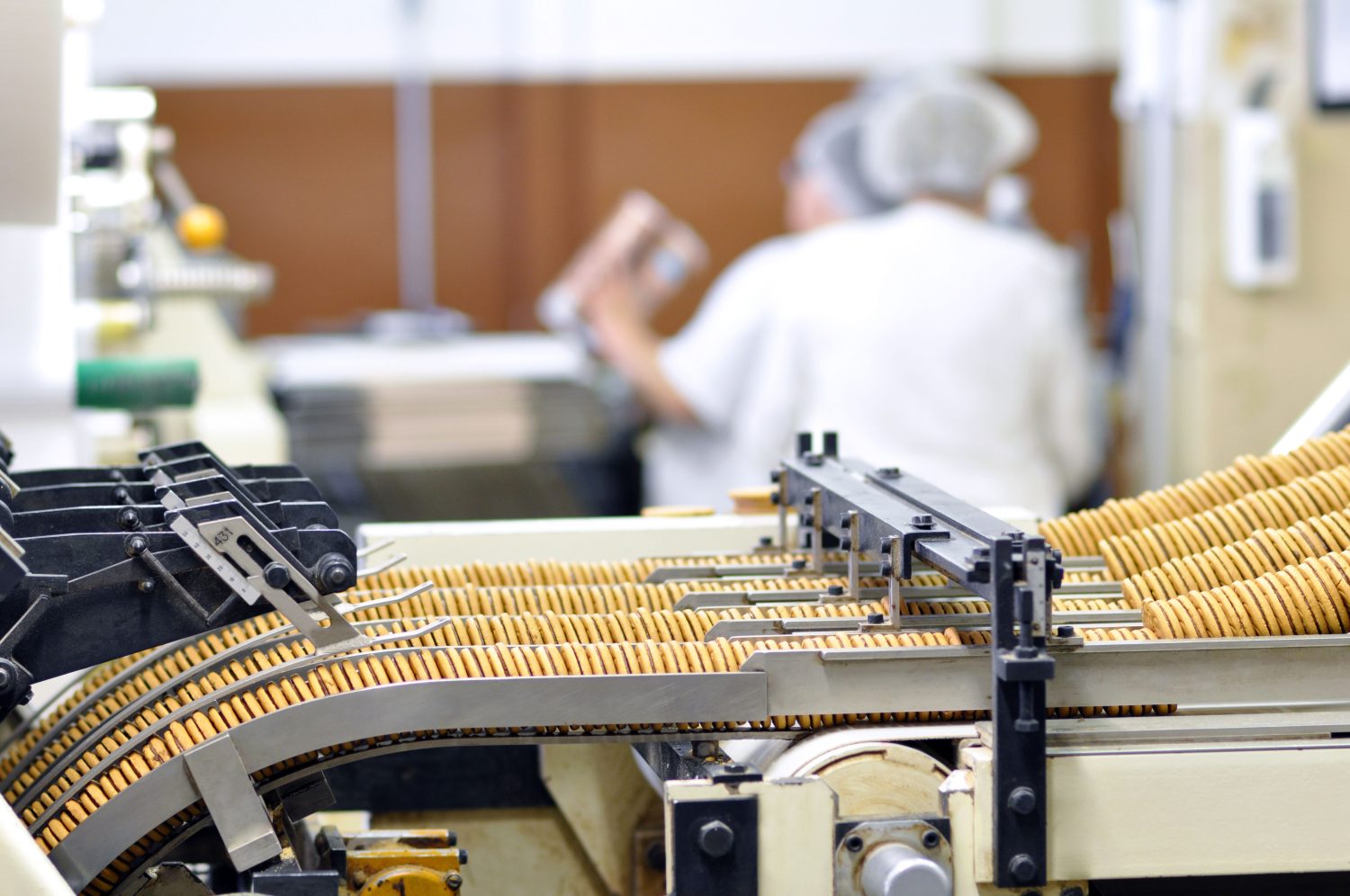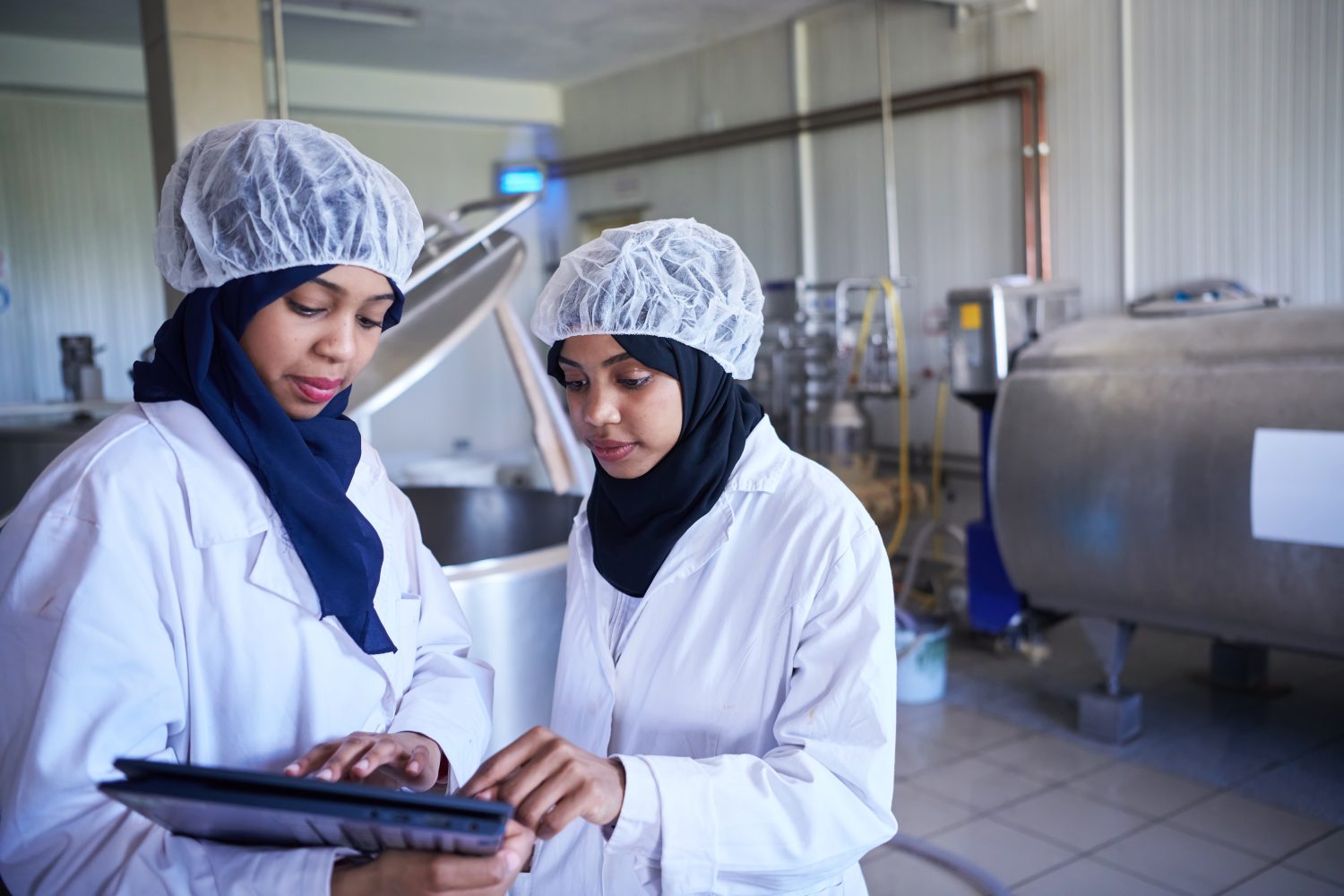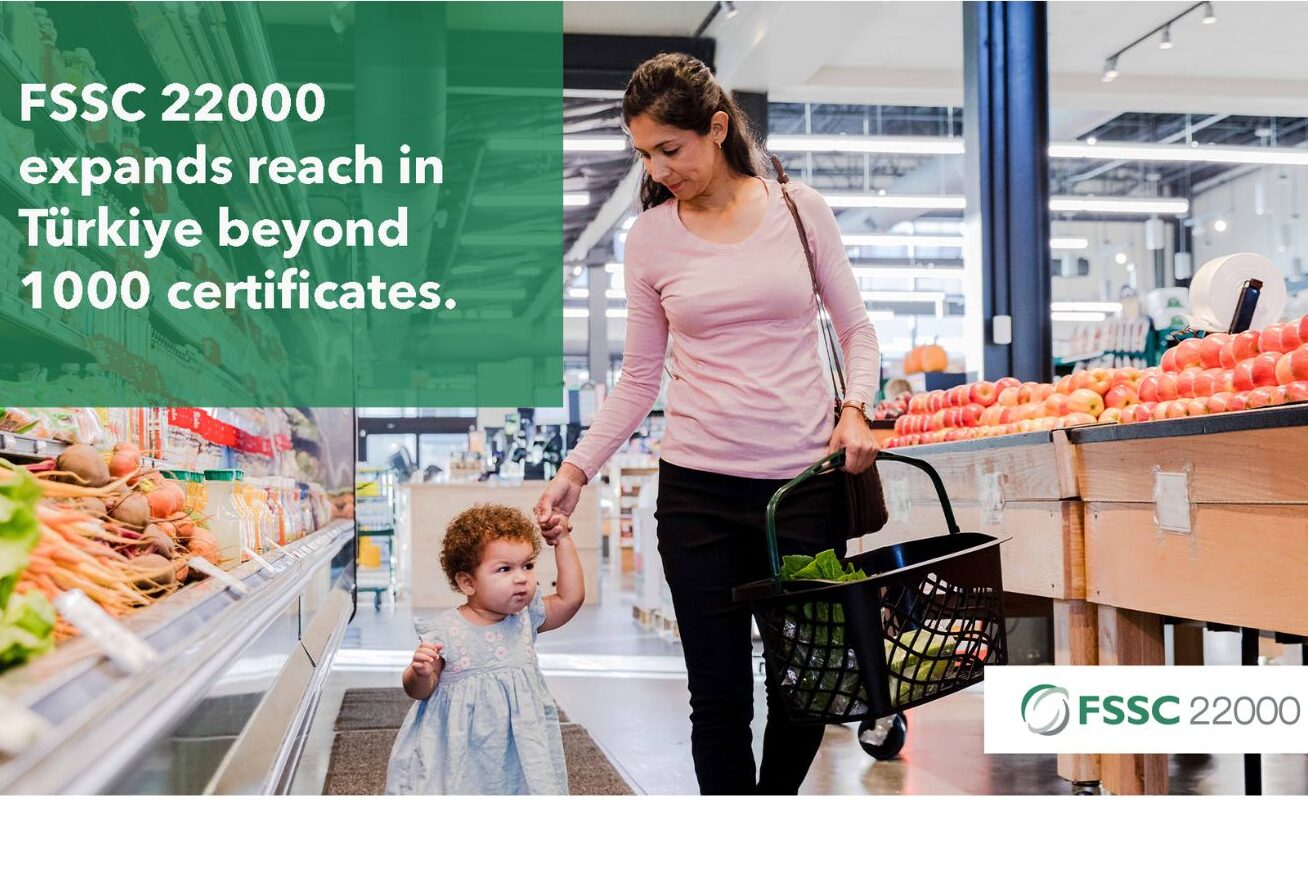Audits, auditors, and schemes are hot topics in the food industry. Various certification schemes are available, and retailers have different requirements for them. How does Aldin Hilbrands, CEO of FSSC, view the current audit culture? Dutch website VMT recently spoke to Aldin about audits and Foundation FSSC for an article, and here is an English-translated excerpt of his answers.
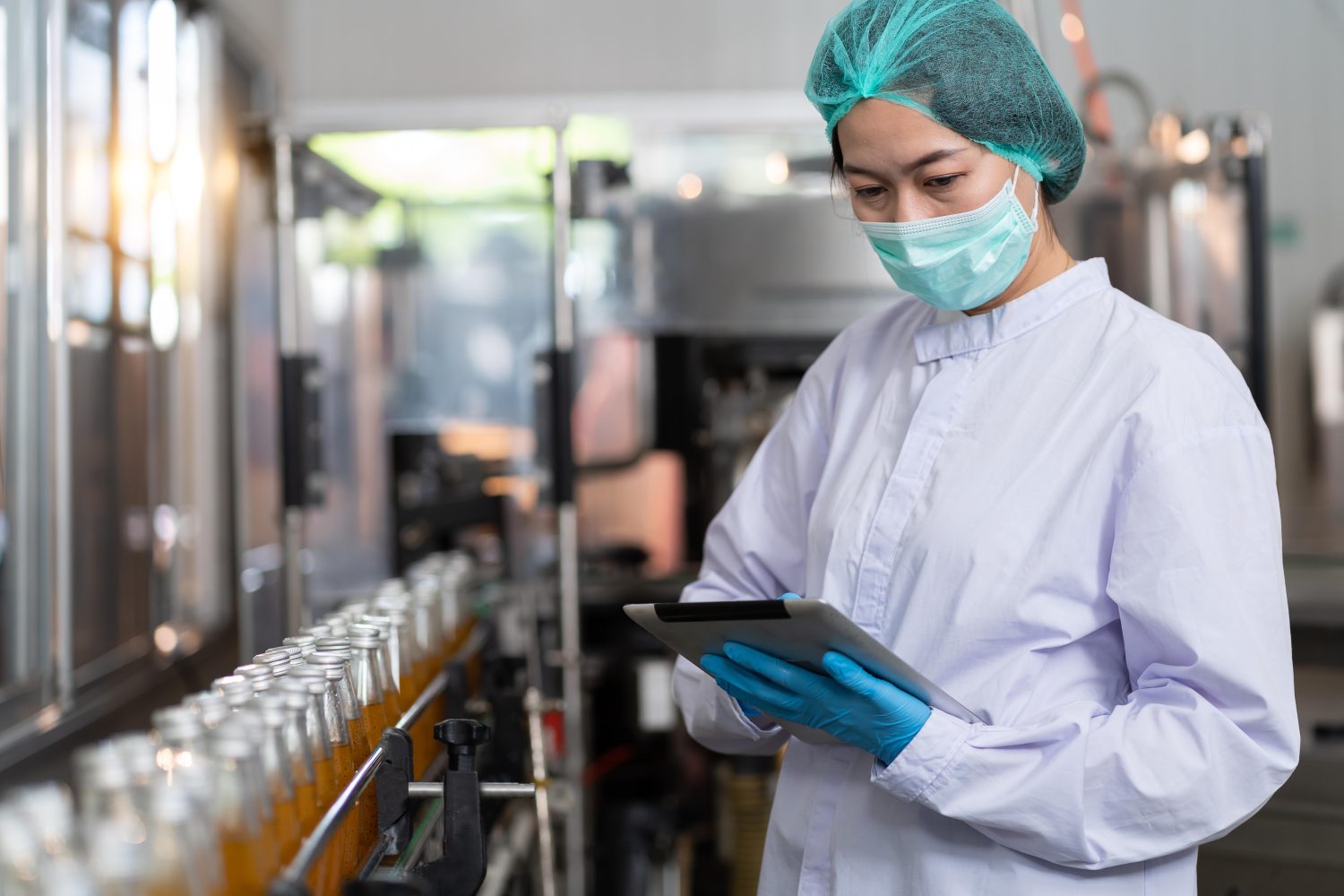
The process is old-fashioned; we can do much more with data and AICEO of FSSC, Aldin Hilbrands
What is your view on the current food safety landscape?
It is a very complex landscape that is difficult to explain. But ultimately, it’s a pyramid. We are part of the so-called Global Food Safety Initiative (GFSI) ‘ecosystem’. They develop and monitor industry expectations when it comes to food safety management. GFSI supervision includes recognized schemes such as FSSC 22000, BRCGS, IFS, and SQF. These are the four major scheme holders in the field of food processing and packaging materials.
Below that are the Accreditation Bodies and the Certification Bodies that carry out the audits. At the bottom of the pyramid are the food producers. Some people ask: where does it end? But I always say: it is about food safety, which must be properly guaranteed. And who checks GFSI? Nobody. Is that good enough? I don’t think so. We have plenty of feedback for GFSI, but where do they go with it.
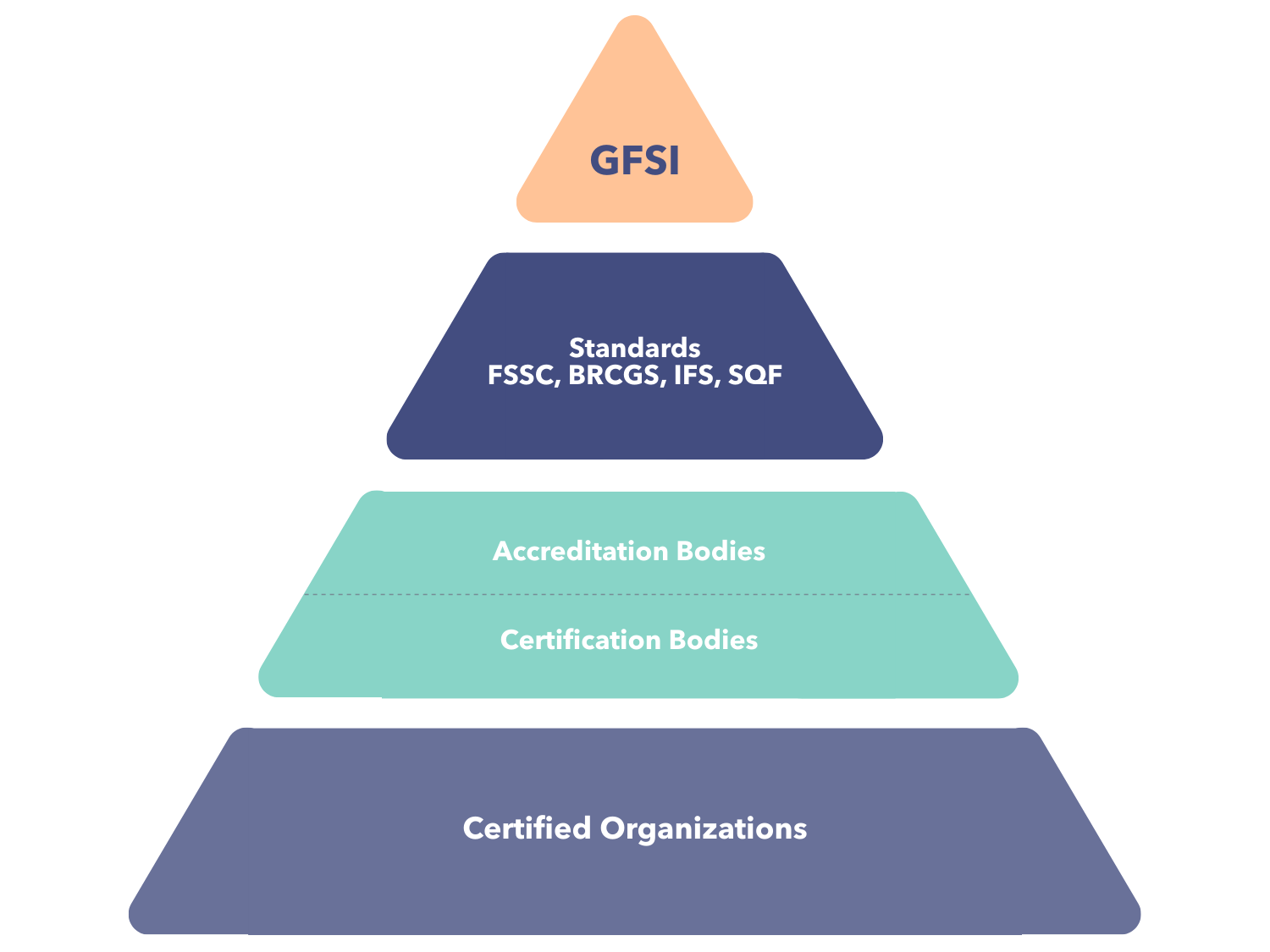
And what do you think of the associated audit culture?
The audit process is actually very old-fashioned. In 2020, COVID-19 arrived, and that caused stress everywhere in the audit world. Auditors could no longer go to factories. So, we wondered if we could do remote audits. But don’t producers only show the beautiful places? Maybe, but what’s the alternative, not going at all? Ultimately, GFSI did not recognize a remote audit. Then we said: there is an acute need for that in the world. So, we developed, tested, and rolled out a remote audit protocol ourselves. I think that at its peak in 2020-2021, about 2,500 to 3,000 remote audits were carried out. This showed that there were not significantly fewer shortcomings reported by auditors.
And now that COVID is over? We simply do the audits on location again. We still audit like we did twenty years ago. We don’t look at the available data enough. Innovation is limited too much by current rules such as GFSI. To date, GFSI still does not accept remote audits, only in exceptional situations. We have permanently added this to our FSSC 22000 schedule because the world is not ideal. Moreover, this protocol has also been accepted and applied in other industries.
So, the dark COVID period has certainly caused developments for the better. Nowadays, much more is possible with Artificial Intelligence (AI) and big data, such as the input for remote audits. However, there is still nervousness regarding innovation because it concerns food safety. We are too conservative in the food industry: we should see data and AI as an opportunity and not a threat.
In your opinion, what are the misunderstandings about audits?
We regularly hear that auditors spend too much time on reporting and not enough time interviewing people on the work floor. In my opinion, we go overboard with this everywhere in the world. Everything must be documented as no one believes each other, but that documentation takes time, so you can’t be there for the customer. And looking at our [auditing] schedule – I sometimes compare it to the Windows platform – it’s just going to keep getting bigger. And then, as an auditor, you have even less time to prepare the report and be on the work floor. That isn’t healthy, and we are discussing this with GFSI, IAF, and ISO, who we rely on.
Companies do internal audits and know their company like no other. You know exactly where the pain points are, and an auditor who is overextended does not look at those at all. So I come back to my point about doing more with data. Then, you can better see what the averages are and what deviates from them. You can see why it deviates, and the auditor can ask how this has been resolved. If we want to continue adding value for companies through auditing, we must move with the times. Food producers already do a lot with data themselves. How nice would it be if you, as a food producer, could put emphasis on the audit? Suppose you have a new production line, so you want the auditor to take a critical look at it. Of course, an auditor must continue to audit the client independently, but data can help with this.
You state that we are lagging behind in audit innovation. How do you see the future of audits?
The two biggest challenges within the food industry are digital transformation and sustainability. We are lagging behind in nutrition, but there are great opportunities here. We at FSSC have a lot of data, so we can identify the top five shortcomings.
From this, we can deduce the industry’s biggest challenges and what information a company needs to be successful in the next audit. We are increasingly looking at how we can share this knowledge because 80-90% of our food is made by SMEs. That’s where you make the biggest impact.
What tips do you have for quality managers in the field of audits?
A quality manager is often judged on whether or not they pass the audit. So, prepare well for the audit. Make sure the workplace culture is in order. That is the biggest challenge, but it will yield the most profit.
Make sure that you involve management in the plans and the audit. Management involvement is extensively included in the FSSC 22000 Scheme, so management must take the lead to ensure the right people and resources are in place. Only then can you do your job well and provide food safety.
Admitting that not everything goes perfectly is not a weakness, but a strength. Everyone makes mistakes, it's about whether and how you solve them.CEO of FSSC, Aldin Hilbrands
About the author: VMT
VMT stands for food, management and technology (voedingsmiddelen, management & technologie in Dutch). In an industry where reliable information is indispensable, VMT as a medium helps professionals involved in making safe, compliant and high-quality food. By offering practical knowledge, depth and news in one place, VMT.nl supports everyone who is (co-)responsible for QA and R&D in the food processing industry.
